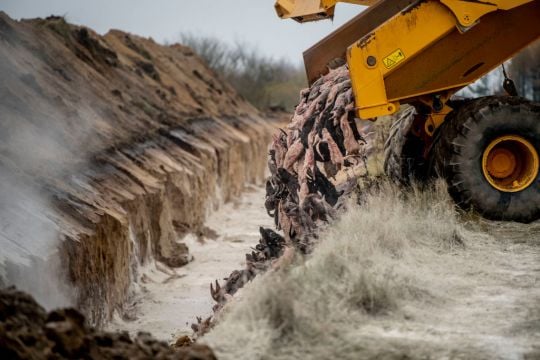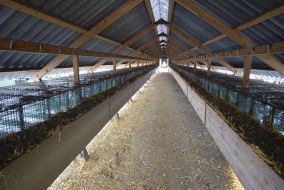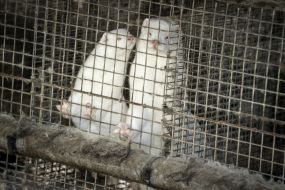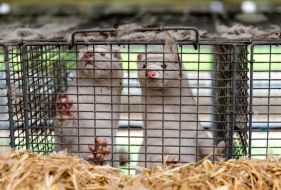Danish environmental authorities are looking into whether decomposing mink buried in dirt pits following a nationwide cull may contaminate groundwater and nearby protected nature areas.
The Danish government ordered a cull of some 17 million mink in early November after hundreds of farms suffered outbreaks of coronavirus and authorities found mutated strains of the virus among people.
Authorities buried some of the mink in pits in a military area in western Denmark under two metres of soil. They now want to dig them up after some resurfaced from the mass graves, most likely due to gasses from the decomposition process pushing the mink out of the ground.
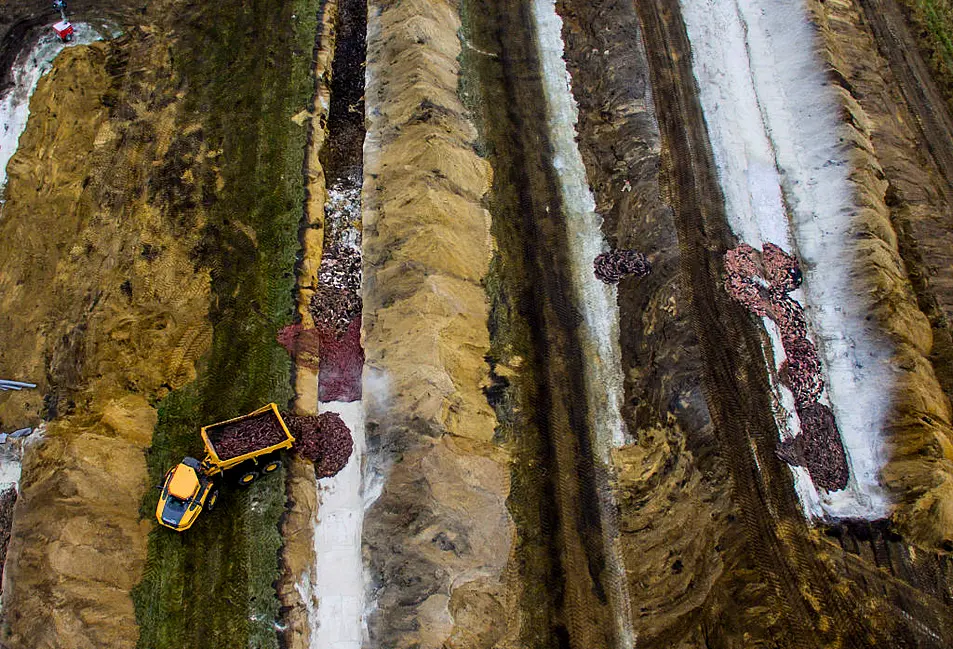
A new study said groundwater in the area might become contaminated within a short period of time and it urged the authorities to take swift action.
“It is the groundwater just below the graves that is in imminent danger of becoming contaminated,” department head in the Environmental Protection Agency, Per Schriver, told Reuters.
Water pollution
Schriver said the graves were not placed above reservoirs of drinking water and were located far away from local waterworks. But the contaminated groundwater could migrate to nearby streams or lakes, causing pollution.
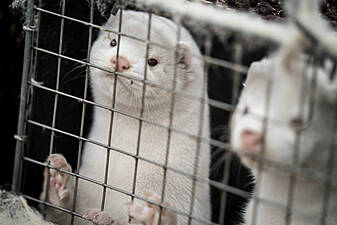
The study was commissioned by the agency in late November and was prepared by the Geological Survey of Denmark and Greenland and the Technical University of Denmark.
The agency is currently conducting additional examinations to assess the environmental impact of the graves, including geophysical probes and drillings. It said on Wednesday it expected the results of those early next year.
Before the interring of the dead mink, authorities had said the burials would not pose a risk to drinking water or protected areas.
The macabre burial sites, guarded 24 hours a day to keep people and animals away, have drawn complaints from area residents about possible health risks, but authorities say there is no risk of the graves facilitating the spread of the coronavirus.
